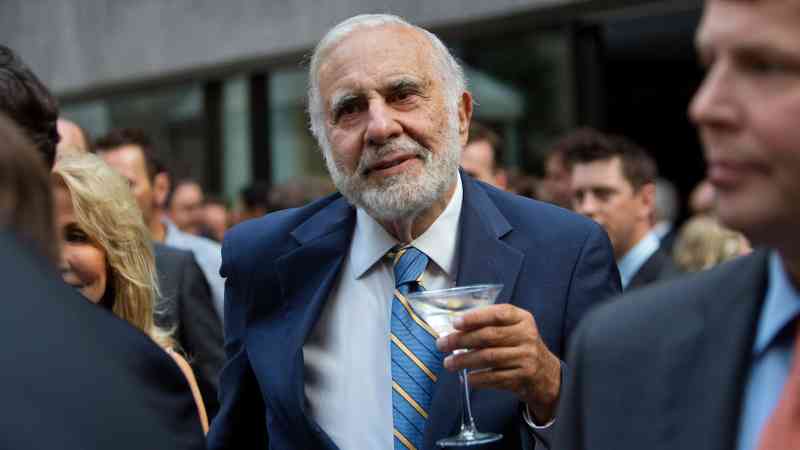Crown Agents closes after 191 years
The 191-year-old Crown Agents survived existential crises, including the demise of the British empire and one of the biggest financial scandals of the 1970s, but cuts in government funding and the strains of a pension liability mean that it will not reach its 200th anniversary.
The not-for-profit organisation, founded in 1833 to conduct financial transactions with British colonies, was placed into liquidation this month. Directors of Crown Agents, which had become an international development agency, filed a winding-up petition after concluding that they would not be able to attract the funding required to keep it trading. Its 150 staff have been made redundant.
In a statement, its directors said: “While there were a number of contributing factors to this outcome, primarily we were unable to secure the revenue needed to sustain operations set against rising contributions to a £50 million legacy pension liability that was also a significant barrier to external investment.”
They said this had been exacerbated by cuts to a scheme that provides taxpayer support for aid and development in low and middle-income countries, as well as problems with an energy procurement contract it had in Ukraine.
Liquidators from Kroll Advisory are working on recovering debts and are looking at the position of overseas subsidiaries, some of which continue to trade.
The organisation sold Crown Agents Bank and Crown Agents Investment Management, its financial services divisions, to Helios Investment Partners in 2016. CAB Payments, the holding company of Crown Agents Bank, was one of London’s biggest stock market flops last year and has lost nearly 65 per cent of its value since its flotation in July 2023.
Crown Agents was founded in the 19th century with two employees, or agents, George Baillie and Edward Barnard, to handle payments and procurement for British colonial governments. It helped with the construction of roads and railways worldwide and its services expanded to issuing stamps, marine insurance and recruitment. In 1960 it had 1,600 staff.
The collapse of British imperial power after the Second World War led Crown Agents to search for a new business model. It relaxed investment restrictions, allowing it to operate on its own account rather than merely being an agent. Disastrous property investments led to a government bailout in 1974 and a related corruption and mismanagement scandal. Borrowers included William Stern, who became Britain’s biggest bankrupt to date in 1978 in the wake of the collapse of his Stern Group, and the Barclay brothers.
A judge-led inquiry concluded that its financial operations had been conducted with “folly and euphoria … compounded by a lack of expertise and neglect of accounting systems and professional safeguard controls”. Its last audited accounts before the bailout showed it had losses of £212 million, equivalent to about £2 billion today. In parliament at the time, it was called “one of the most serious betrayals of public accountability for many years”.
It returned its focus to its traditional functions under the leadership of John Cuckney, the “company doctor who never lost a patient”.
Crown Agents’ modern international development work included managing supply chains, strengthening government systems to tackle corruption and project and fund management. Projects have included shipping vaccines around the world during the pandemic and helping to run the emergency response in Ukraine. It supported victims of the 2010 earthquake in Haiti, the 2014 Ebola outbreak and Hurricane Irma, which caused devastation in the Caribbean in 2017.
In a statement on the service’s website, its directors said: “We have delivered critical aid, strengthened public institutions and facilitated sustainable development in over 100 countries, reaching millions of people a year.
“The directors have been working as hard as they can over the last few months to attract new investment and funding for the business, but unfortunately, while there was much support for the work we do, it recently became clear that actual commitments to provide the cash required going forward were not forthcoming.
“As we bring our journey to a close, we reflect with immense pride on the 191 years Crown Agents has dedicated to partnering with governments and improving lives across the globe.”
A Crown Agents subsidiary, Greenshields Cowie & Co, is also in liquidation.




Post Comment